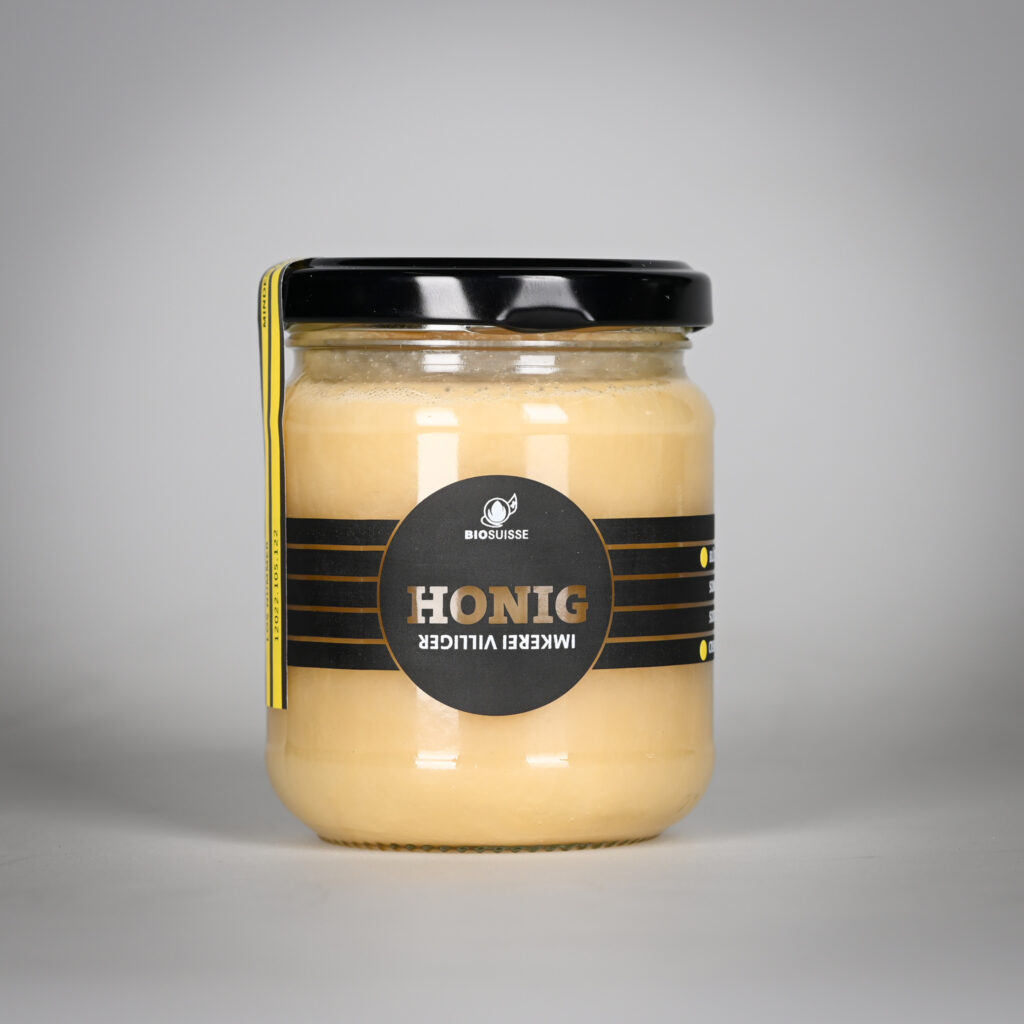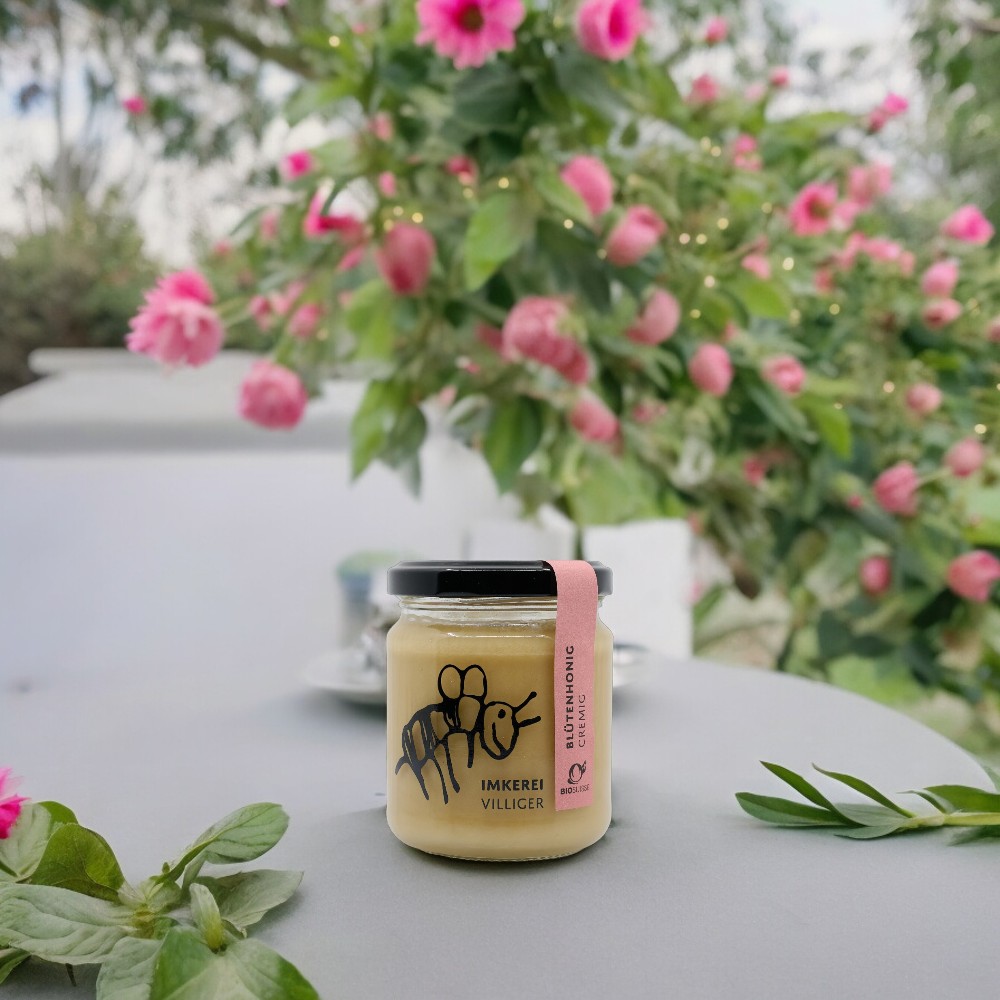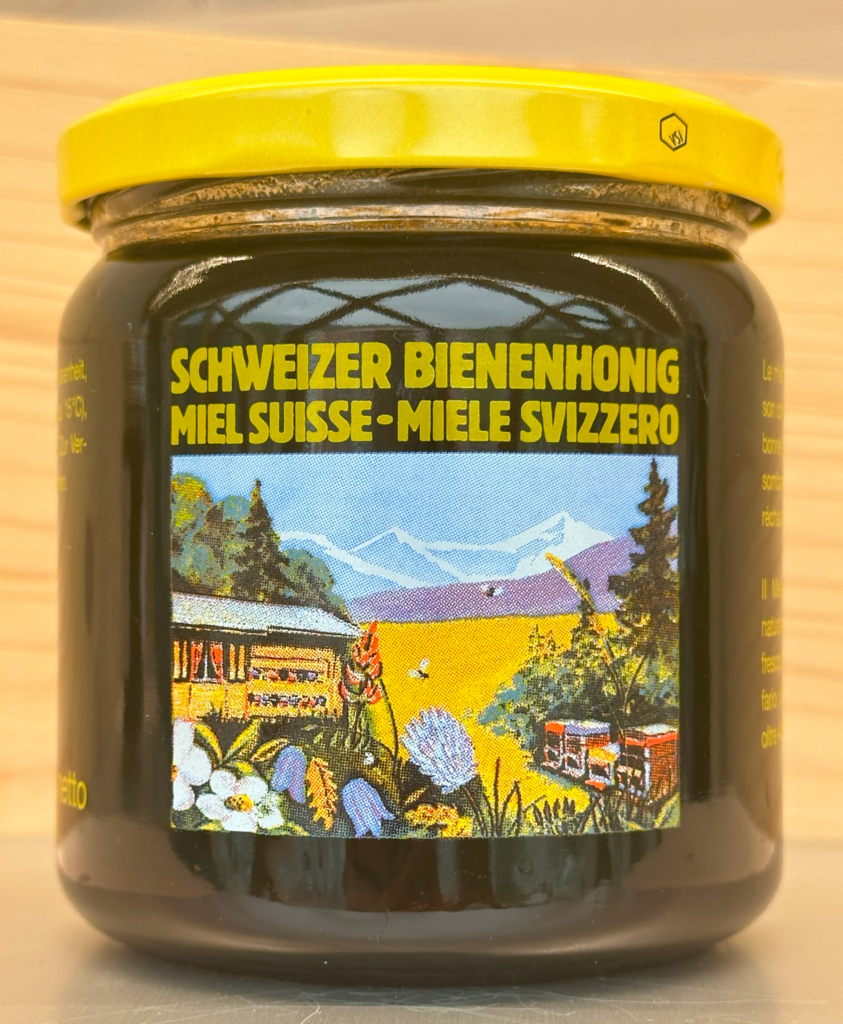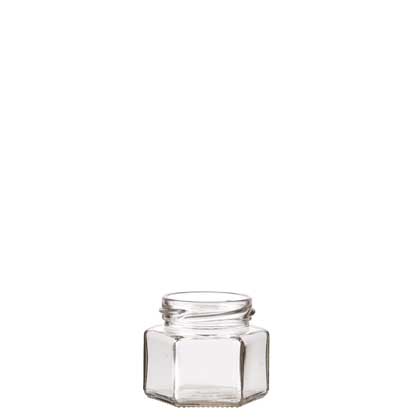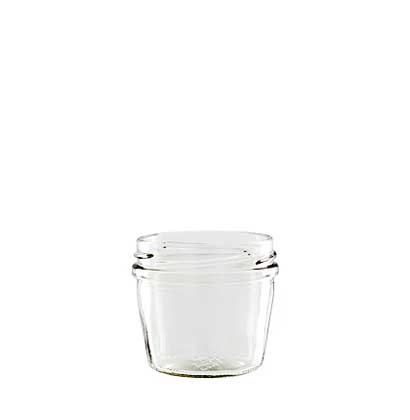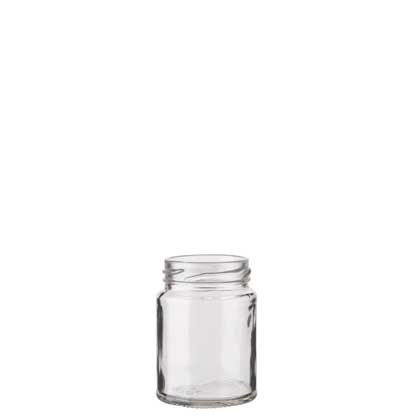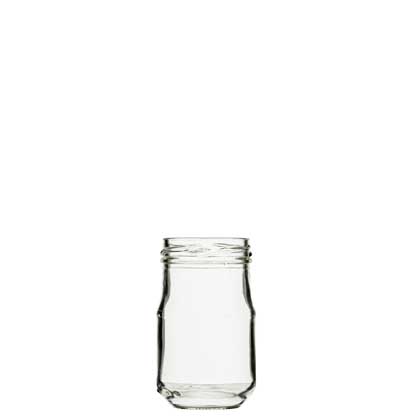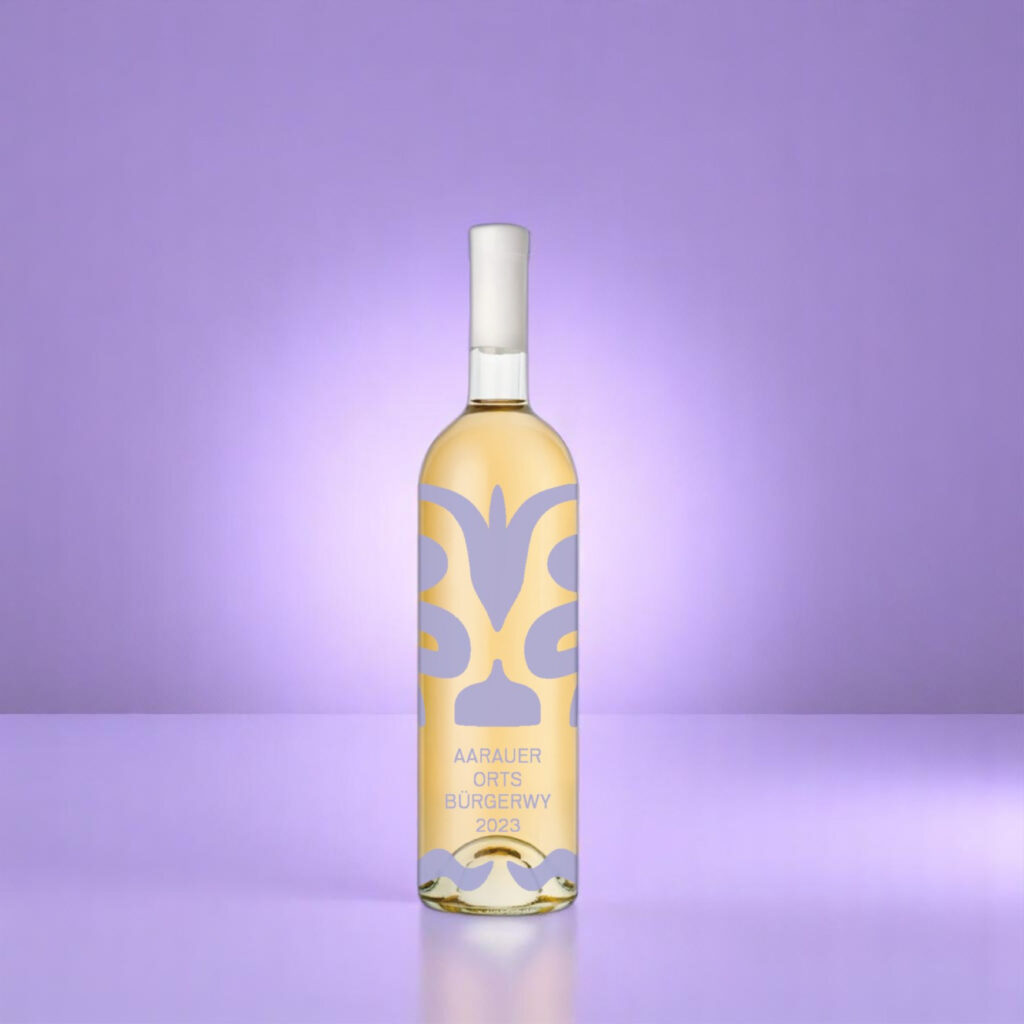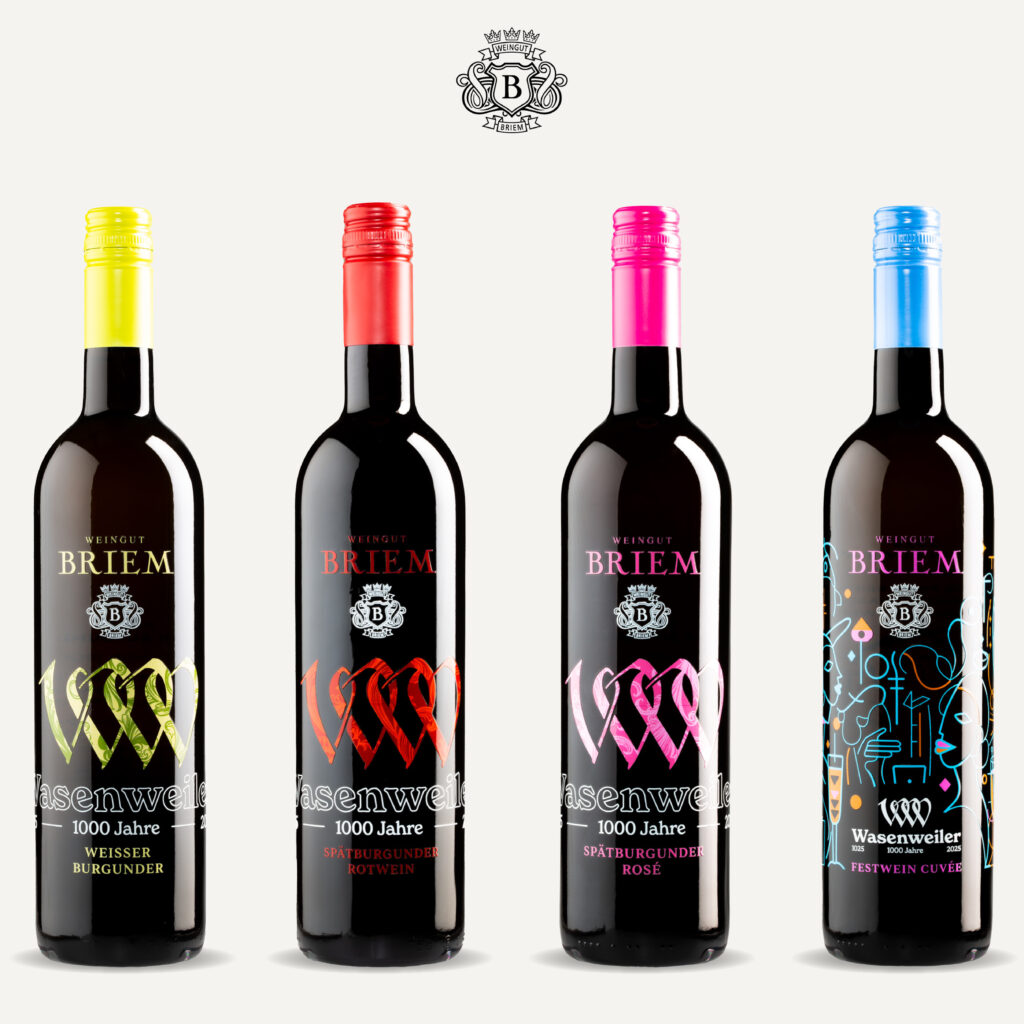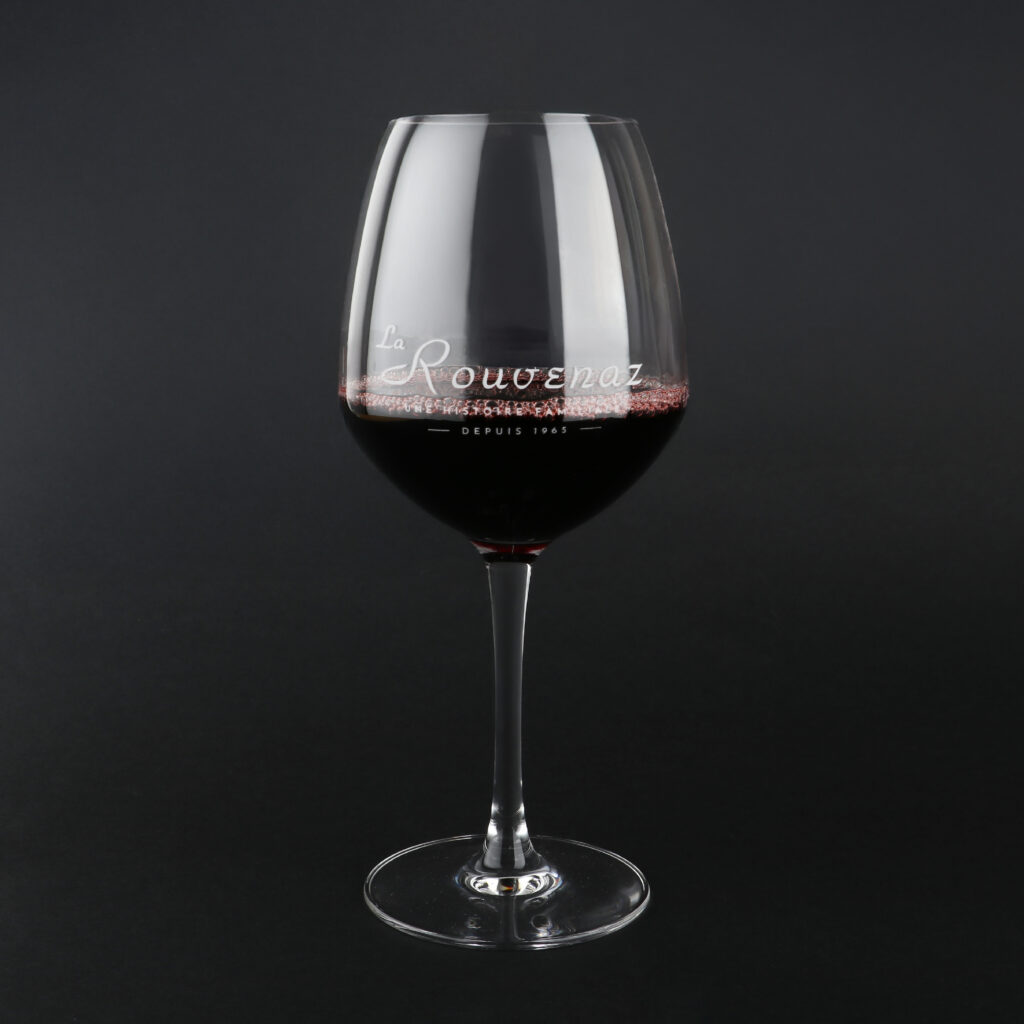What would a supermarket look like without bees ?
The honey season lasts from April to August. For this reason, we would like to draw attention to the importance of bees. Thus, we occupy ourselves with the question of what our supermarkets would look like if there were no bees? 60% of the products would have disappeared from the shops.
What if there were no bees? 60% of the products would have disappeared from the stores.
With the exception of a few bananas and pineapples, which are not pollinated by bees but by other animals, the fruit department is empty. The shelves in other departments are also cantilevered. This is what the supermarket will look like after the bees disappear. The German chain Penny emptied one of its shops for demonstration purposes. 1,500 items, or about 60% of the products, disappeared from the market.
Mathias Götti Limacher, central president of the Swiss Beekeeping Association, estimates that the shelves in Switzerland would be as empty after the disappearance of the bees as in Germany. As far as diversity is concerned, about 80% of food is pollinated by insects.
Nutrition is one-sided and inadequate
According to Götti Limacher, it is difficult to predict whether a famine will start when honeybees and wild bees die. In terms of calories, only a third of the food would disappear. The consequence, however, would be that our diet could become even more unbalanced and therefore possibly inadequate.
The disappearance of bees would also have massive effects, which would have impacts not only on the purchase of food: On the one hand, there are many products, such as cosmetics, which contain substances that depend on bees and which can no longer be purchased in this form. On the other hand, the absence of pollination in particular would seriously damage the biodiversity of our ecosystems.
We could do more
After all, the death of bees is not imminent: according to Götti Limacher, there are still many honeybees in Switzerland. In Germany, they are also actively protected, although the association’s president admits that there are many additional measures that have not yet been implemented.
Source: www.20min.ch
Durability made sublime by screen printing
In their ongoing quest for sustainability, the company has opted for glass printing for their honey pots, promoting a reusable system. This initiative allows all customers to return their empty jars, which are then cleaned and reused, reducing their environmental footprint. The partnership with Univerre illustrates their commitment to the community and the promotion of sustainable, local business practices.
Two models of pots are featured, highlighting the meticulous screen-printing work. The first features elegant, sophisticated black lines that weave through the jar, while the second offers charming simplicity with a black screen print of a bee, symbolising their attachment to nature and their profession as beekeepers.
The sublimation of a jar using screen printing: a work of art in vector graphics
To personalise the Schweizer Bienenhonig honey jar, a visual feat was achieved through meticulously executed screen printing of a vector image. The image depicts a picturesque landscape, combining mountain peaks, a Swiss chalet and a beekeeping scene. This meticulously precise print was made possible by vectorising the image and printing in six colours.
Protecting bees: 7 things you can do
1. Plant bee-friendly plants
A bee-friendly plant on a balcony, a fruit tree in the garden or wild plants. All of these provide variety for honeybees, butterflies, bumblebees and the many small solitary bees. Combined with each other, this creates oases for the city’s hungry pollinators.
2. Choose honey from your region
Almost 80% of our honey consumption comes from imports. Supermarket honeys are often blends of honeys from outside the EU. They are likely to contain honey from South America – where genetically modified plants are grown on a large scale, the pollen of which then goes into the honey. In addition to the environmental pollution caused by long transport routes, bee diseases can also be introduced. It is therefore logical to prefer honey from your region directly from the beekeeper.
3. Decreasing pesticides
You should refrain from using pesticides, herbicides and biocides that are harmful to bees in your home and garden. Cocktails of several poisons can be fatal.
4. Choose bee-friendly foods
Seasonal food from regional organic farming is generally better, as no bee-harming pesticides are used. Be fair to the producers: The quality and friendliness of bees is worth the price, so you pay a fair price for your honey.
5. Stop bee diseases – always rinse honey pots
Diseases like American foulbrood are introduced here. The triggering endospores are spread, among other things, by honey residues in glass containers. In the autumn, the bees fly over and bring the deadly disease back to their home colonies. It is therefore best to wash honey jars in the dishwasher before throwing them into the glass container or to be careful with reusable jars when buying them.
6. Provide nesting facilities for wild bees
300 of the 560 native wild bee species are ‘Red Listed’. Provide nesting opportunities for wild bees. It does not have to be a huge “bee or insect hotel”, bees can also be helped with little effort. Many wild bees are demanding, so it depends on good design.
7. Becoming a bee sponsor
With a bee sponsorship you actively support the sustainable strategy of installing and maintaining the bee for its rescue in the city. As a patron, you will receive a glass of honey from your sponsors every year. There is also an individual sponsorship certificate.
At Univerre, we hold a deep appreciation for the invaluable role of bees in our ecosystem. Inspired by their industrious nature, we have aptly named our new headquarters “The Hive”.
Source: www.bienenretter.de
A wide range of honey jars
In order to pack your honey perfectly, you will find a large selection of packing jars in our online catalogue.
Order honey pots from 12 neutral pieces and from 24 personalized pieces
Honey jars and many other packaging jars can be ordered on Glassmania from as little as 12 pieces. If you wish to personalise your jars, this can be done on Glassmania already from 24 pieces.
